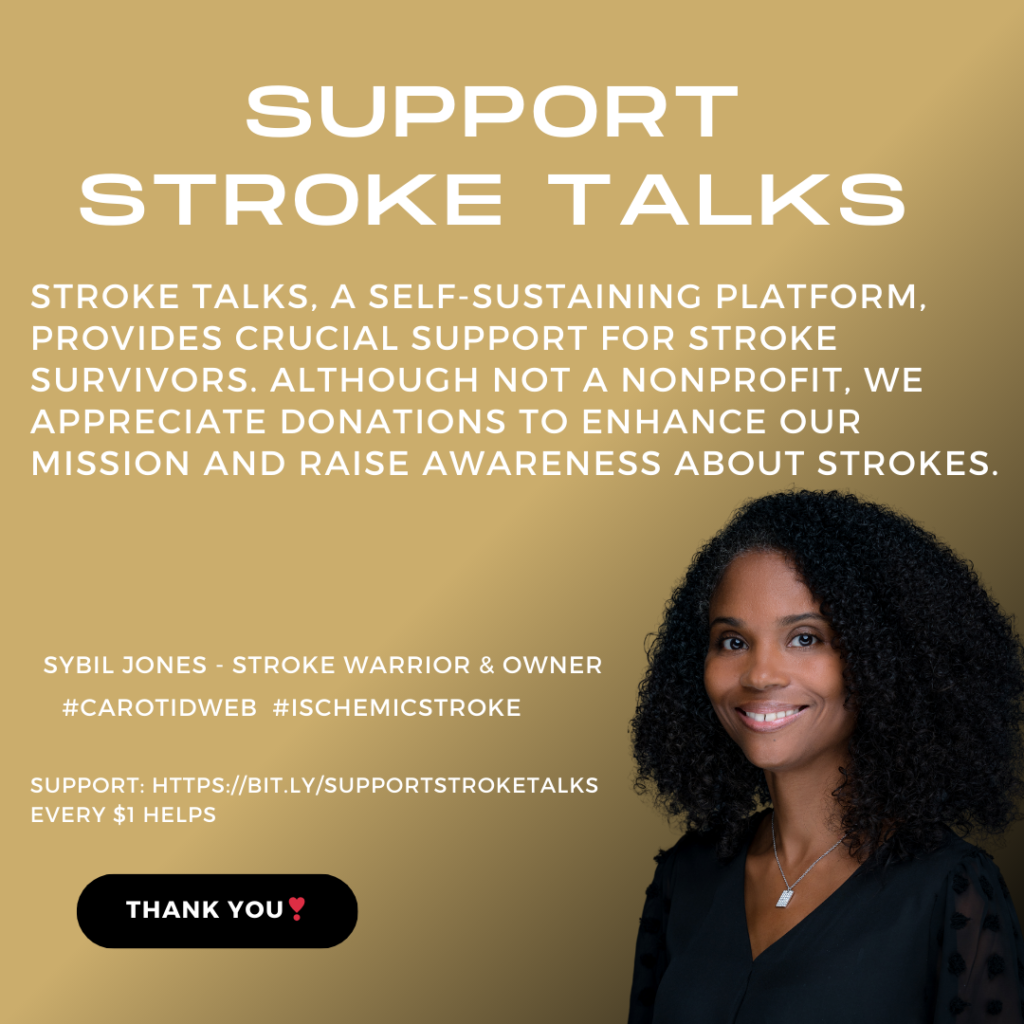Strokes and heart attacks are often confused due to their sudden onset and serious nature, yet they impact the body differently and require distinct responses. This common confusion underscores the importance of understanding each condition’s unique symptoms and causes. Educating ourselves on these differences is not just a matter of knowledge but can be crucial in emergency situations, where recognizing the signs can significantly influence the outcome.
What is a Stroke?
A stroke, often described as a “brain attack,” occurs when blood flow to the brain is obstructed, either due to a blockage or a burst blood vessel. This leads to the rapid death of brain cells due to oxygen starvation.
Symptoms of a Stroke
- Sudden numbness or weakness, especially on one side of the body
- Trouble speaking or understanding speech
- Confusion and difficulty seeing
- Unexplained severe headache (in some cases)
What is a Heart Attack?
A heart attack happens when the blood supply to the heart is suddenly blocked, typically by a blood clot, causing damage to the heart muscle.
Symptoms of a Heart Attack
- Chest pain or discomfort
- Pain in shoulders, back, neck, or jaw
- Shortness of breath
- Feeling weak, lightheaded, or faint

Shared Risk Factors
Both strokes and heart attacks share common risk factors such as high blood pressure, high cholesterol, smoking, and obesity. It’s crucial to manage these risks through a healthy lifestyle and regular medical check-ups.
A Personal Stroke Experience
My own experience with a stroke caused by carotid webbing—a rare condition where a web-like formation in the carotid artery impedes blood flow—underscores the importance of awareness of all potential risk factors, not just the common ones. While my stroke’s cause is less frequent, it highlights the critical need for comprehensive health assessments to uncover less common risks.
The Importance of Awareness
Discussing these health risks and understanding the differences between strokes and heart attacks is vital. Awareness can lead to early detection, prompt treatment, and potentially save lives. Educating ourselves and our communities about the signs and symptoms, along with maintaining a healthy lifestyle, can significantly reduce the risk of experiencing these life-threatening events.

Your generosity can make a profound impact on Stroke Talks, enabling us to expand our reach, provide valuable resources, and foster a stronger community for stroke survivors and their loved ones. Every dollar you contribute fuels our mission to enhance awareness, and empower those affected by strokes. Join us in making a meaningful difference – because every dollar counts towards building a brighter future for individuals on their journey to recovery and resilience.
Please note that Stroke Talks is not a 501(c)(3) organization, and as such, donations made to our platform may not be tax-deductible. While we greatly appreciate your support, we recommend consulting with a tax professional for guidance on the tax implications of your contribution.

Did you know strokes and heart attacks require different responses despite their sudden nature? 🚨 Understanding their unique symptoms can save lives. Let’s spread awareness about these critical differences and encourage a healthy lifestyle to reduce risks. #StrokeAwareness #HeartHealth
Tweet
Subscribe to our newsletter!


As a person who has had both a stroke and two heart attacks.
My first heart attack I never felt. My second heart attack was the most painful event of my life. The pain in my chest was like having a twenty stone man sitting on my chest. When they check me out, they discover that I had a previous heart attack. That I had damaged the tip of my heart on the right side. To the stage where it is dead. It had drop my heart pumping ability aswell. They decided that I needed a quadruple bypass and a defibrillator. Not a bad effort for someone at the age of 53.
Just over five years later I suffered a ischaemic stroke, which I have no memory of the day. I was lucky that I had a day off, and my son Ben found me in unable to speak or sit up. He called his mum then the ambulance. I was rush to the hospital then to another hospital to have surgery to remove the clot. They are unable to work why I had the stroke or how bad it was, because I have a defibrillator so I cannot have a MRI. I have aphasia as well.
Both are life changing or life taking events. Thankfully I’m still here.
Fred, yes. Thankfully you’re still here to talk about it and I’m so happy we met.